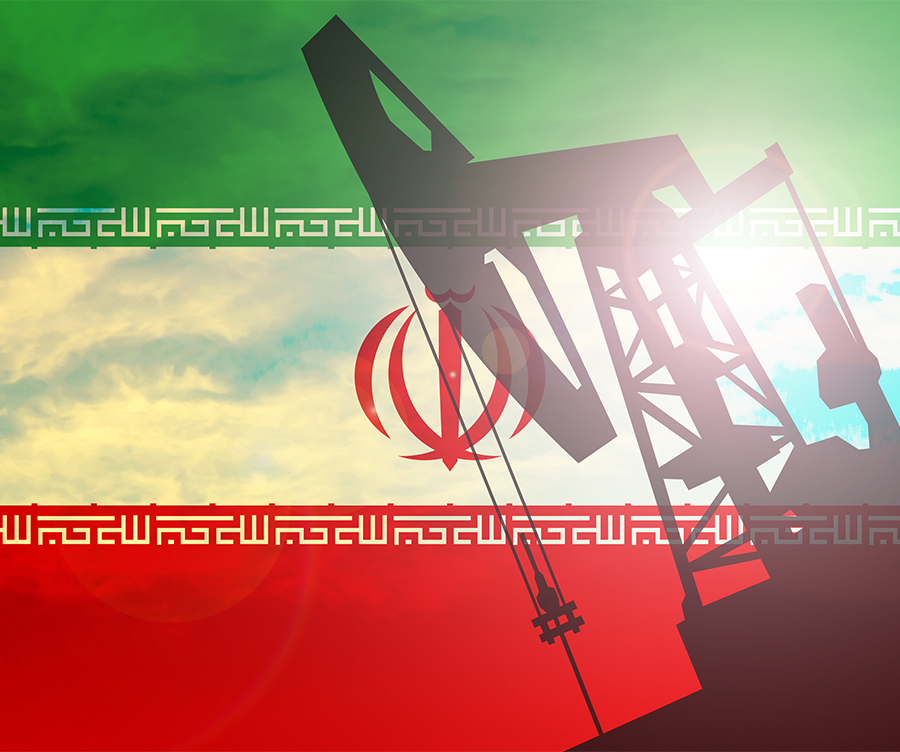The US government has accused a network of commodity traders in Dubai, Hong Kong and Singapore of circumventing sanctions on Iran, facilitating shipments worth billions of dollars to Asia and Europe.
The companies were involved in an oil export scheme orchestrated by Tehran-based Sepehr Energy, which is headed by an Iranian oil ministry official and has ties to the country’s military, according to the US Office of Foreign Assets Control (OFAC).
As recently as this year, OFAC says Sepehr Energy sold tens of millions of barrels of Iranian light crude oil to a Dubai-based company, Unique Performance General Trading, for onward delivery to customers in China.
Another Dubai firm, OPG Global General Trading, allegedly offered to sell Iranian crude and petroleum for onward shipment to Europe.
JEP Petrochemical Trading paid the equivalent of over US$400mn to Future Energy Trading to purchase oil from Sepehr Energy; both companies are located in Dubai. The former had intended to deliver further cargoes to Europe, the authority says.
And Dubai-based A Three Energy is accused of acting as a broker to facilitate the sale of Iranian goods to overseas buyers.
Two Hong Kong companies are also targeted by OFAC. HK Sihang Haochen Trading bought millions of dollars of condensate from Sepehr Energy this year, with the deal brokered by Puyuan Trade Co, OFAC says.
In this case, it adds that Sepehr Energy used falsified certificates of origin to mask its activity, marketing the cargo as Malaysian.
And OFAC says a Singapore-based company, MSE Overseas, was involved in laundering funds on behalf of the network. The company is part of a broader group linked to UAE-based Transmart DMCC, which took over from CGN Trade as “a critical part of this network’s operations”.
All companies named have been sanctioned by OFAC. Sepehr Energy and A Three Energy did not respond when contacted by GTR, while the others have inactive websites or could not be reached.
The action is the latest taken by OFAC against commodity traders based in the UAE, Singapore and Hong Kong, and the authority has also targeted companies in European trading hub Geneva.
It has previously warned that Iran-linked companies typically use forged shipping documents, vessel spoofing techniques and overseas front companies to circumvent sanctions on oil trading.
The move takes place amid efforts by lawmakers to toughen US sanctions against Iran. Restrictions had been lifted in 2015 after the country agreed to stop developing nuclear weapons, but were reintroduced in 2017 when then-President Donald Trump withdrew from that agreement.
In early November, the US House of Representatives overwhelmingly backed the Stop Harboring Iranian Petroleum (Ship) bill, which targets foreign ports, refineries and vessels handling Iranian oil.
If passed into law, the Ship bill would impose sanctions on foreign ports that knowingly accept shipments of Iranian petroleum products, and on refineries that knowingly process petroleum originating from Iran.
It would also sanction vessels that transport or offload Iran-origin petroleum, including by ship-to-ship transfer.
US representative Jared Moskowitz, a co-sponsor of the bill, says the bill “came to the forefront following the terrorist attack in Israel by Iranian-backed Hamas” in October.
OFAC’s latest announcement describes Hamas, as well as Hizballah, as “regional proxy groups” for Iran.
Moskowitz says the bill sends “a clear and strong message to bad actors like China, Russia, and others: do not help Iran avoid sanctions and assist them in their funding of terror, or face the consequences”.







